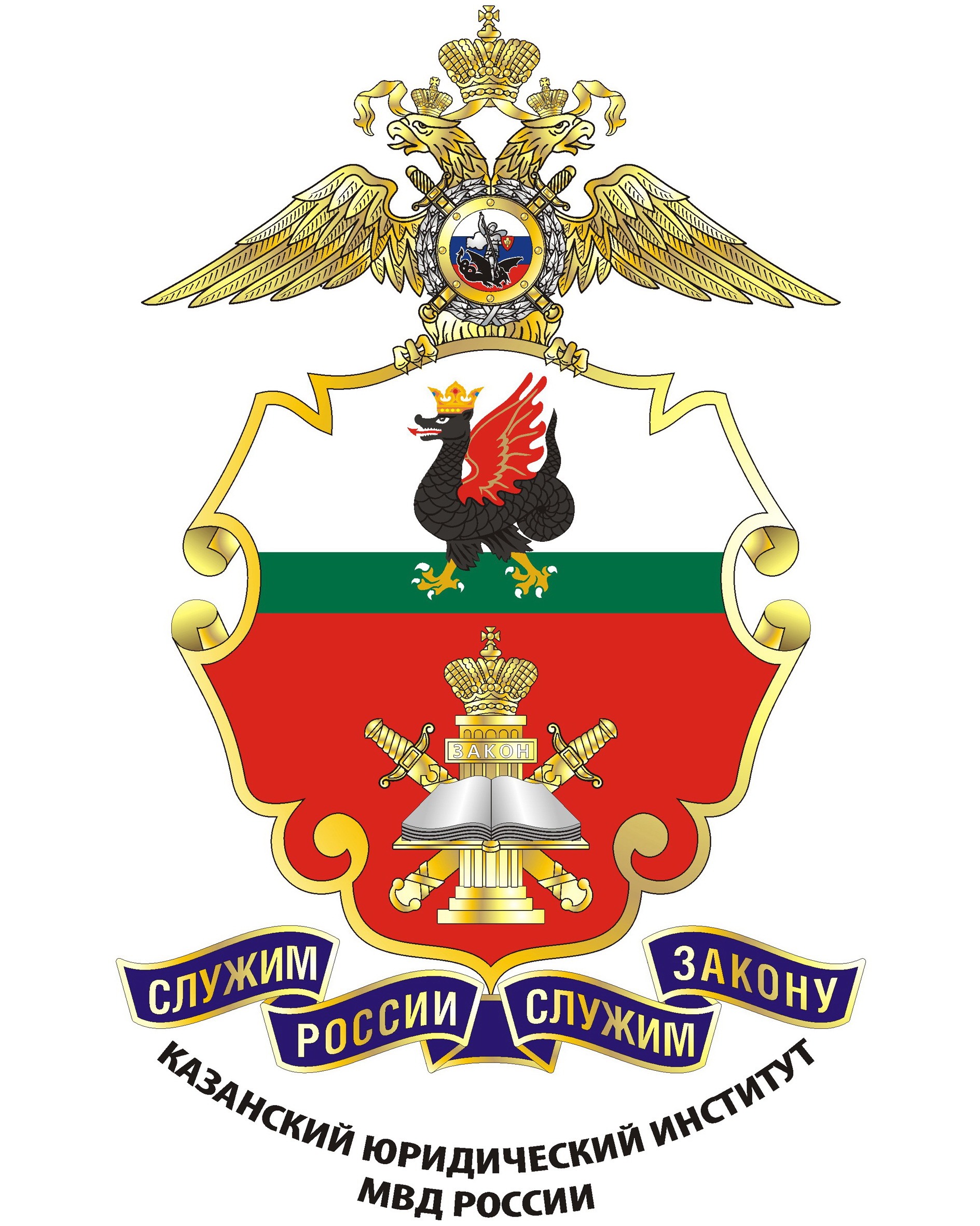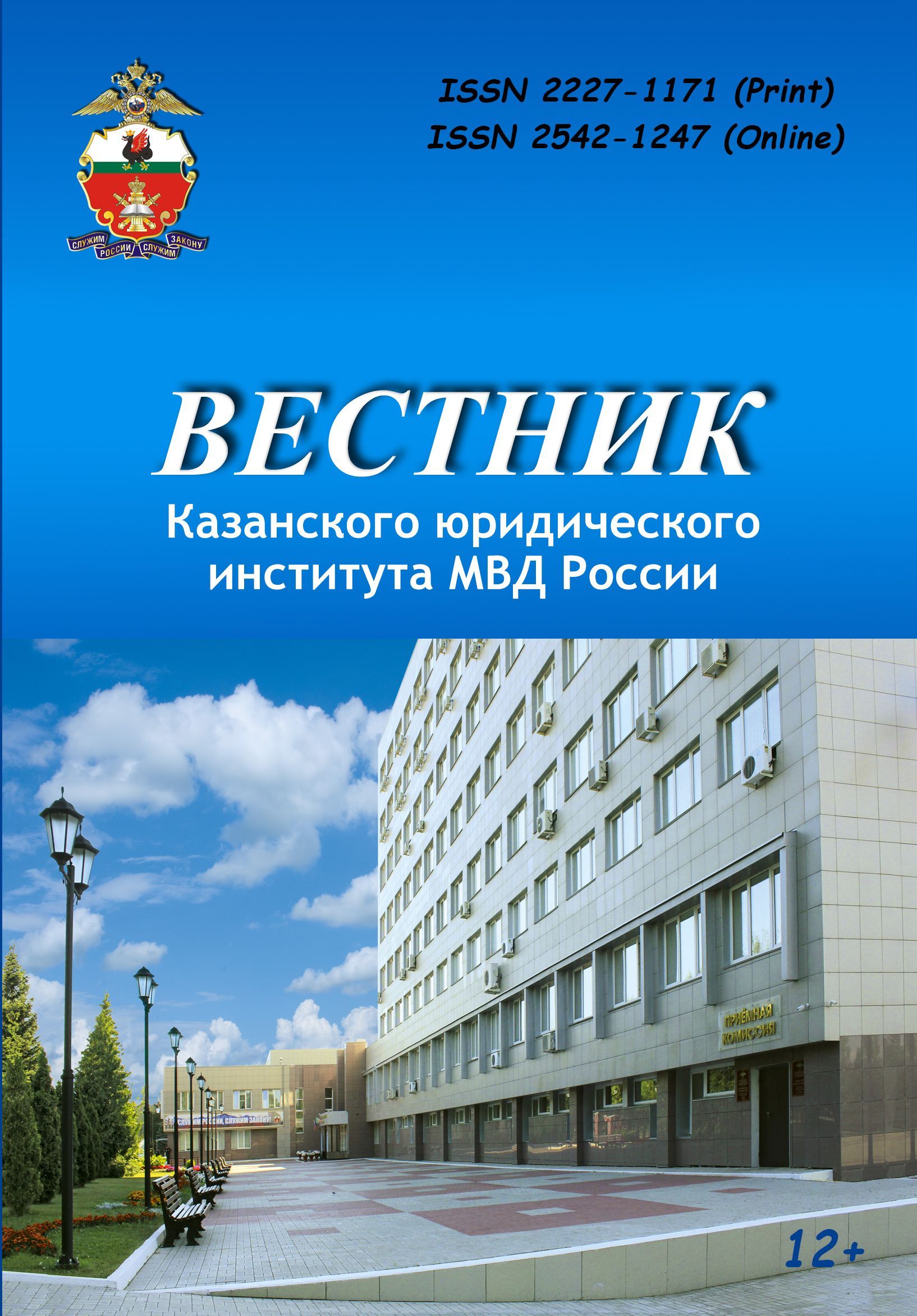Introduction: the article deals with the question of the authority of the inquiry body in resolving reports on crimes (including crimes related to the investigative jurisdiction of investigators). The urgency of the issue is confirmed by legal uncertainty, the presence of conflicting examples of judicial practice, as well as different approaches to this issue in the scientific community. The purpose of the article is to summarize various opinions and approaches regarding the issue of the authority of the inquiry body when deciding whether to refuse to open a criminal case, on the basis of which it is reasoned to evaluate the position of the Prosecutor General of Russia on this issue. Materials and Methods: when preparing the article, the general provisions of criminal procedure science were studied on the research issues, empirical material was obtained and investigated, and interviews were conducted with the heads of departments whose employees exercise the authority of the inquiry body on regarding crime investigation. Results: the author draws the conclusion that the current legislation does not exclude the possibility of the decision-making body refusing to initiate a criminal case, including reports of crimes related to the investigative authorities of the internal affairs agencies. In this case, of course, the cases of making these decisions in violation of the departmental criterion of investigative (jurisdiction) should be excluded, which is reflected in the legislation regulating the activities of the police. Discussion and Conclusions: the authors of the article suppose that often, due to legal uncertainty, different types of instructions and explanations of individual law enforcement agencies come to the fore in resolving legal issues, and landmark decisions of higher courts and the actual distribution of workload in various departments of the internal affairs agencies are not taken into account. This is the situation that has arisen regarding the clarifications of the Prosecutor General's Office of the Russian Federation on the question of the powers of the body of inquiry at the stage of initiating a criminal case.
organ doznaniya, otkaz v vozbuzhdenii ugolovnogo dela, podsledstvennost', proverka soobscheniya o prestuplenii
1. Michurina O.V. Reglamentiruet li UPK RF policiyu v kachestve organa doznaniya? // Vestnik Moskovskogo universiteta MVD Rossii. 2012.№ 2. S. 87-89.
2. Efremova N.P. Voprosy opredeleniya podsledstvennosti v stadii vozbuzhdeniya ugolovnogo dela // Zakonodatel'stvo i praktika. 2013. № 2. S. 57-60.
3. Smirnov A.V., Kalinovskiy K.B. Ugolovnyy process: uchebnik. 7-e izd., pererab. M.: Norma, 2017. 752 c.
4. Voskoboynik I.O., Ryt'kov A.A. Nepolnota ugolovno-processual'nogo regulirovaniya i «nedostatki» prokurorskogo nadzora za zakonnost'yu i obosnovannost'yu resheniy ob otkaze v vozbuzhdenii ugolovnogo dela // Vestnik Kaliningradskogo filiala Sankt-Peterburgskogo universiteta MVD Rossii. 2016. № 1 (43). S. 17-19.
5. Suprun S.V. Polnomochiya organov vnutrennih del pri rassmotrenii soobscheniy o dovedenii do samoubiystva // Ugolovnyy process. 2011. № 7. S. 46-49.
6. Krivoschekov N.V. i dr. Povyshenie kvalifikacii rukovoditeley sledstvennyh podrazdeleniy: uchebno-prakticheskoe posobie. Tyumen': TIPK MVD Rossii, 2013. 214 s.
7. Pautova T.A. Otdel'nye voprosy vzaimodeystviya doznavateley s uchastkovymi upolnomochennymi policii na pervonachal'nom etape rassledovaniya prestupleniy // Koncept. 2014. № S29.















